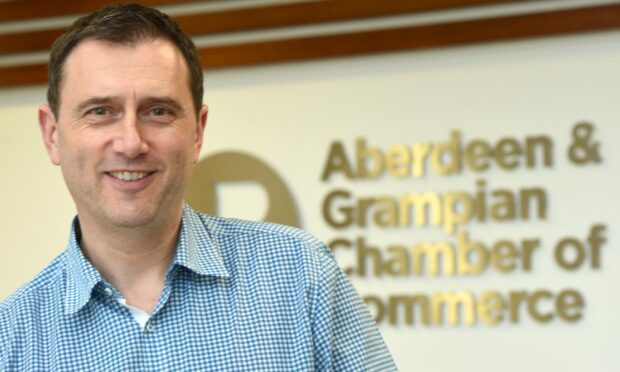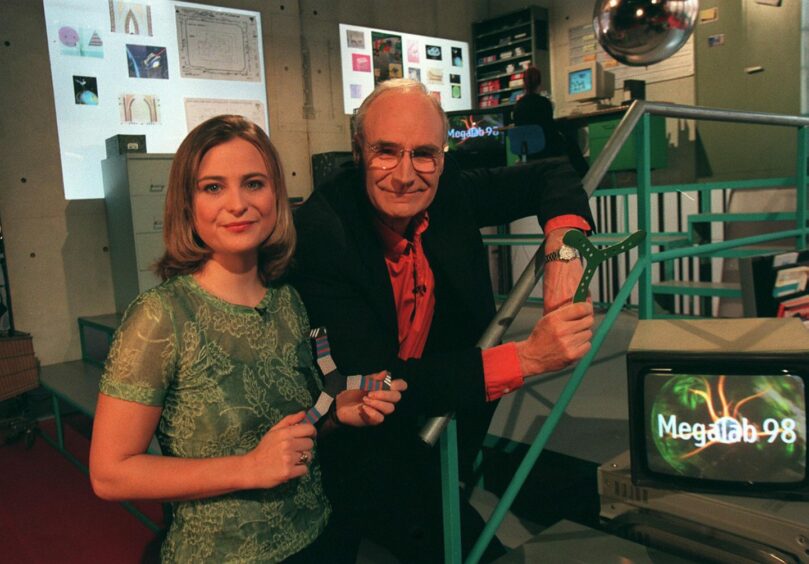In 1989 hit BBC show Tomorrow’s World made bold predictions about what our homes would look like in the 2020s, as digital technology transformed our lives.
Using my own, limited, digital skills I was able to track down a clip from it on YouTube, and was impressed by how accurate some of the forecasts were.
Knobs would become a thing of the past, one of the hosts claimed, with a disconcerting directness. Thankfully, they were talking about the buttons on our TVs and radios. Phew.
Uncanny predictions that turned into reality
They correctly predicted motion sensors which turned lights on and off as you moved through rooms, and that music would be pumped into your rooms through a digital sound library. Wireless charging was in there, as was an energy management system, or smart meter, to help you limit the amount of fossil fuels you use.
It is quite an incredible clip to watch, given it is over 30-years-old, although I was somewhat disappointed to see the tech which turns your windows into TVs hasn’t arrived yet.
What it shows is that we, as a society, had a handle on what technologies would develop and how our economy would change. But it was never reflected in school curricula, leading us to the point where we are today, with a crippling shortage of digital skills in our workforce.
Digital skills thin on the ground
Just one in 10 UK workers possess digital skills, recent research from Gallup and Amazon Web Services revealed. It also found 72% of businesses in the UK have vacancies for workers with digital skills and more than two-thirds (68%) find it challenging to hire the digital workers they need – which 45% attribute to a shortage of qualified applicants.
It is pretty clear that in Scotland we have an education system stuck in the past, preparing young people for jobs that very soon will not exist. The long-term challenges for education, therefore, are numerous and pressing.
From where we are at present, there is a real question over whether education in Scotland can change quickly enough to prepare children and young people for a world that will demand new sets of digital skills, capabilities and attributes.
A significant shift is needed within Scottish education to ensure the learners of tomorrow are prepared for a very different world of work and way of life. Tinkering around the edges simply will not do. The digital future will present incredible and life-changing opportunities for those young people in Scotland who are prepared for it.
Holyrood recognises there’s a need for a radical rethink of digital literacy
The Scottish Government has recognised this in its recent national discussion on education, which, to be fair, is a very frank assessment of where we are. It has acknowledged the issues and engaged widely with businesses, parents and pupils.
The discussion document concludes: “A radical rethink of digital literacy is needed to safeguard the lives and life chances of children and young people in Scotland, in the future.
“Bold actions are needed now to change the education system in Scotland so that it is future focused, and equips all learners to survive and thrive in a digital age.”
So what next? The top jobs of the future will all interface with artificial intelligence (AI), so we need that placed at the heart of our teaching.
Research by Capital Economics suggests teaching AI skills in secondary schools may help fill rising demand for computer science and other such roles, supporting an average of £71 billion of economic output annually to 2030.
And according to YouGov, 72% of secondary school teachers support making an active effort to increase education and resources around AI and computer science. Without it, 75% fear long-term skill gaps.
Lack of computer science resources in our schools ‘not good enough’
Among the Stem (science, technology, engineering and mathematics) teachers surveyed, 64% had limited access to computer science resources – rising to 79% when focused on AI. This is not good enough – action must be swift if we are to avoid failing a generation of young people.
For now, technology continues to evolve and outpace educational reform not just in Scotland but in many systems across the world. Our education system failed to see tomorrow’s world and businesses are paying the price.
Russell Borthwick is chief executive of Aberdeen and Grampian Chamber of Commerce.



